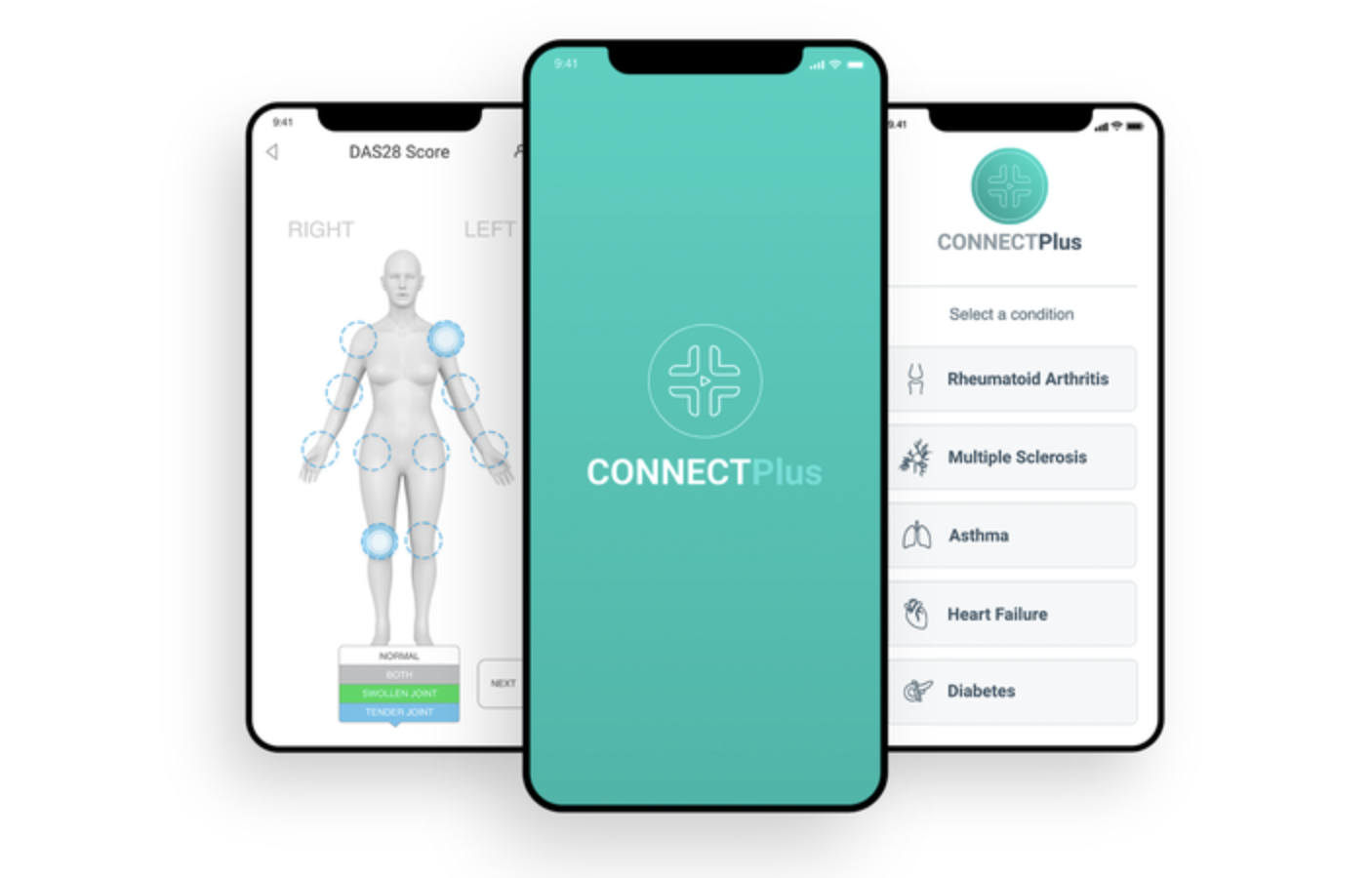Mater Misericordiae University Hospital is rolling out a new app to support people with pulmonary arterial hypertension (PAH), using the CONNECTPlus platform from UK firm Health and Care Innovations.
CONNECTPlus has been designed as a platform to provide patient information on treatment pathways and procedures and patient education videos that can be adapted to a range of conditions.
It has been built to allow healthcare organisations to create their own app, customised for specific services and tailored for priorities.
Mater Hospital in Dublin, which hosts Ireland’s national referral and treatment centrefor pulmonary hypertension, has developed the app along with Johnson & Johnson Innovative Medicine, Science Foundation Ireland’s CONNECT Centre for Future Networks & Communications and Maynooth University.
The app provides patients with accurate, localised information, treatment pathways and online support services to help patients to manage their condition at home. It also enables medical teams to advise and educate people about the condition and encourage proactive health management.
It is initially being rolled out to up to 250 patients attending the PH national centre for treatment. According to the developers, it is hoped that in the long term there will be an improvement in patient quality of life, a reduction in the need for hospital appointments, improved quality of care and an enhanced experience for healthcare professionals.
Consultant respiratory physician at the Mater Hospital Sean Gaine said the app will help to empower people living with PAH.
“Our teams are actively involved in shaping this innovative app to ensure the technology will best suit the needs of our patients and support our goal of empowering people living with PAH to play an active role in the management of their disease,” Professor Gaine said.
In Ireland, the annual incidence rate of PAH is 3.11 cases per million of the total population. Symptoms include breathlessness, fatigue, fainting, swelling of the lower legs and hands, and chest pain.
The condition is progressive and there is no cure, although treatments are available to control symptoms and improve quality of life.
